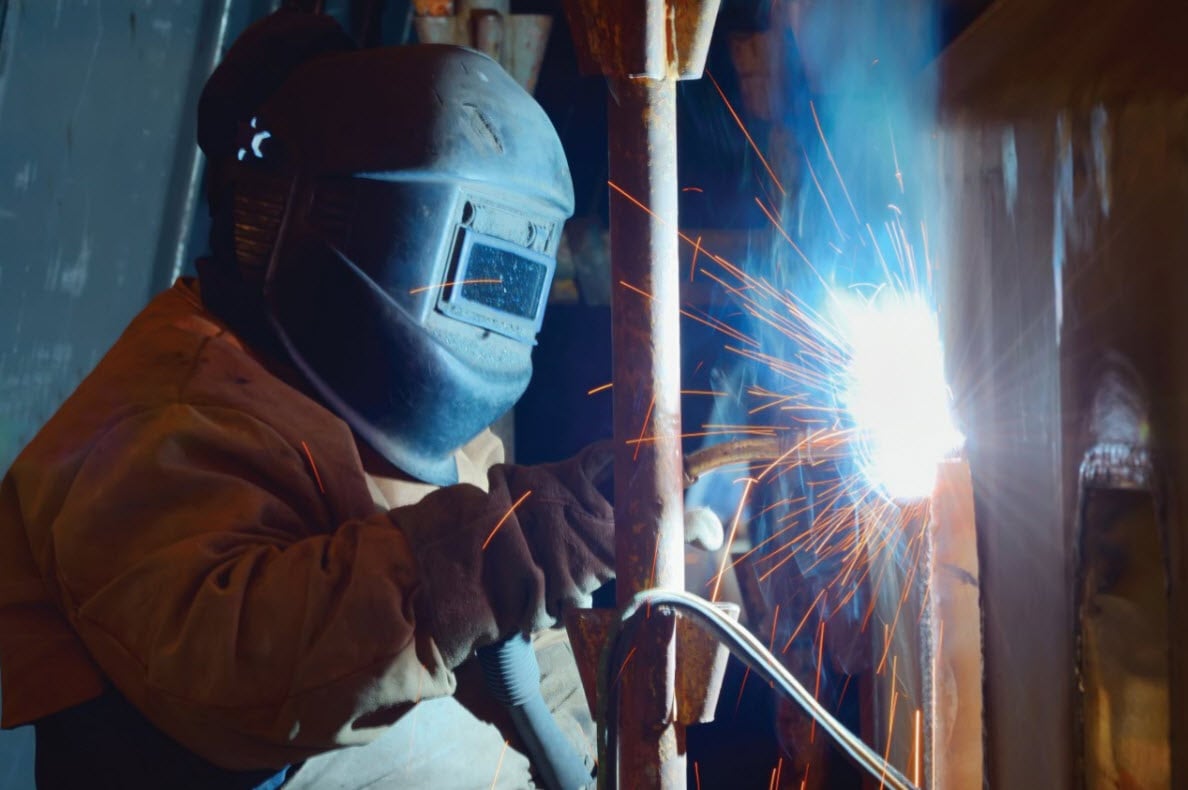When an employee is involved in an industrial accident, it can be a trying situation both for the employee and the employer. Other employees may also experience a wide array of emotions, from deep concern for the injured employee’s well-being to anger that the accident occurred at all.
During this time, it’s important that the employer keeps in mind the following items.
- In almost every case of an accident and injury at work, the employee arrived at work and expected to go home in the same condition.
Employees do not want to be injured. It can be a major disruption in their lives and it is understandable if they are upset. Your workers’ compensation provider’s job is to get the employee back to his or her pre-injury status and occupation; that is a win for the employee and for the employer/carrier. Employers can help support their workers’ compensation provider in this process by showing concern to the employee even if you have suspicions about the accident. Give your insurance provider all of the known facts surrounding the accident and let them dig deeper into the details.
- The investigation begins with you, the employer.
Employers are the boots on the ground. Your workers’ compensation provider needs you to immediately and thoroughly investigate what happened and document as much information about the accident as possible, including witnesses and any third party involvement. Take plenty of pictures. Identify and set side all involved products, equipment or machinery, especially any suspected defective items. If you don’t, you could risk potential recovery of your workers’ compensation claims expenses or subject yourself to costly claims alleging that you destroyed evidence. Make it your practice to always err on the side of preserving all evidence.
- You have experts waiting to work on your behalf.
Your workers’ compensation provider has claims expertise so you don’t have to. At AEU, our claims team has more than 350 years of longshore claims handling experience. We have a medical management unit with expertise in coordination of industrial care. We also have a dedicated subrogation unit headed by an attorney who is a Certified Subrogation Recovery Professional with 28 years of experience in the area of personal injury law. We know how to make this process easier on employers who work with us.
- You are required to report claims to your insurance provider.
If you’re an ALMA member, your coverage agreement requires you to immediately report claims to AEU. Handling the claim internally could lead to coverage being denied due to a violation of the terms of the agreement. Don’t be left without coverage. Moreover, claims can – and do – go off course for a variety of reasons, so please make your insurance provider aware of the claim immediately.
- Your claim must be reported to the Department of Labor (DOL).
The Longshore Act requires the employer to report claims to the DOL within 10 days of knowledge of the claim. At AEU, we handle this for our members; when a claim is reported to AEU, it is reported via automated upload within one day to the DOL. Fines from the DOL for late reporting can reach as high as $23,426 and are to be paid by the employer.
- Employees are entitled to their free choice of physician.
Most employers have an industrial clinic where they like to send employees who suffer a work injury. For our members, AEU supports that initial treatment option. However, we ask that you not authorize referrals or direct treatment to specialists – orthopedists, neurologists, neurosurgeons, etc. – without our consent. If the injured worker wants to see his or her own specialist, we must allow it. However, the employer/insurance provider also has a right to an opinion from a specialist. Both the employee and the employer/carrier only have one choice, so it needs to be well thought out.
- Having viable return-to-work options saves money.
If the employee cannot return to his regular job, but you can accommodate him elsewhere, it will save on claims costs. Additionally, it is well documented that the longer the employee is away from the job, the less likely a return to work becomes. Ensure you have job descriptions created not only for regular duty positions, but transitional duty ones too. It makes it much easier for a physician to sign off on a job description rather than create a list of restrictions.
Accidents happen. How employers react to accidents can set the tone before the claim is even turned over to the insurance carrier. By keeping these factors in mind, employers can help facilitate a positive and cost-effective claims resolution for both themselves and their employees.
ABOUT THE AUTHOR
Will Scheffler joined The American Equity Underwriters, Inc. in 1998 and serves as Senior Vice President, Director of Claims. His insurance experience began in 1993 with FARA and continued with the ALMA branch (now AEU) in 1998. He has been a speaker at Loyola Law School’s Annual Longshore Conference, U.S. Department of Labor seminars, and ALMA conferences. Will is licensed as an adjuster in Maine, Alabama, and Louisiana and is a licensed Qualified Manager in California. He serves on the Advisory Board for Loyola’s Annual Longshore Conference. Will received his bachelor’s degree from Louisiana State University and earned the CPCU and AIC designations from The Institutes.


